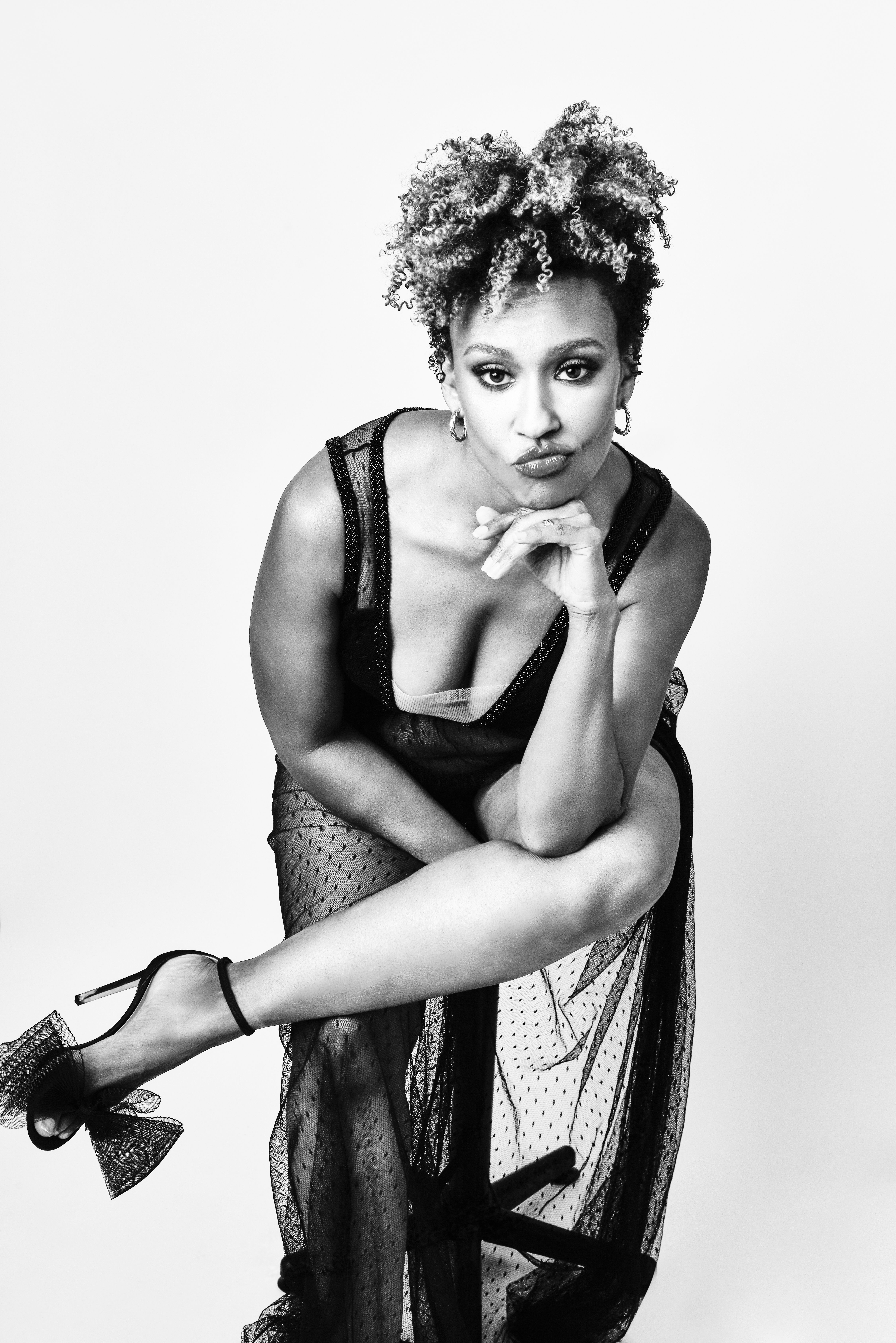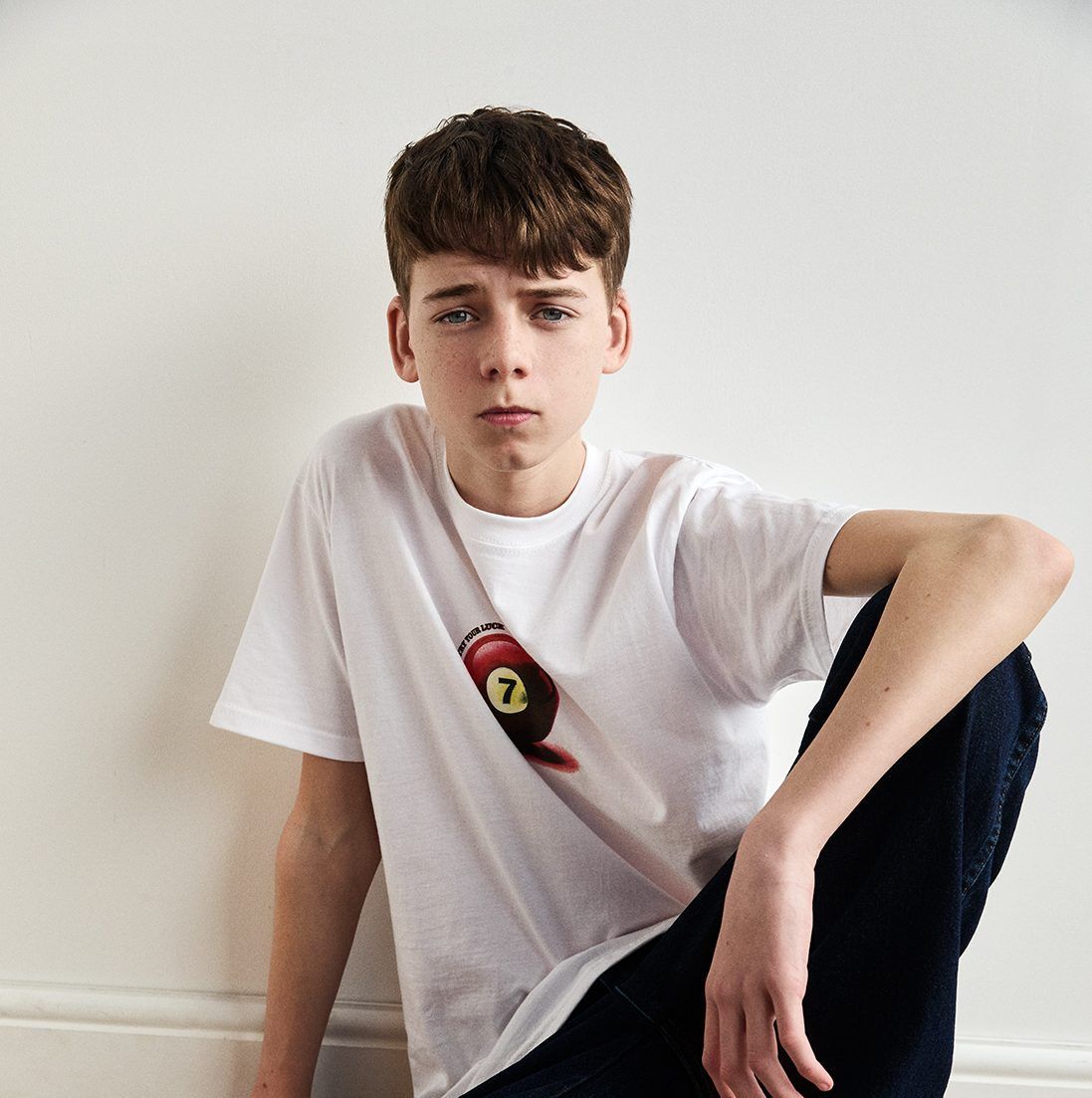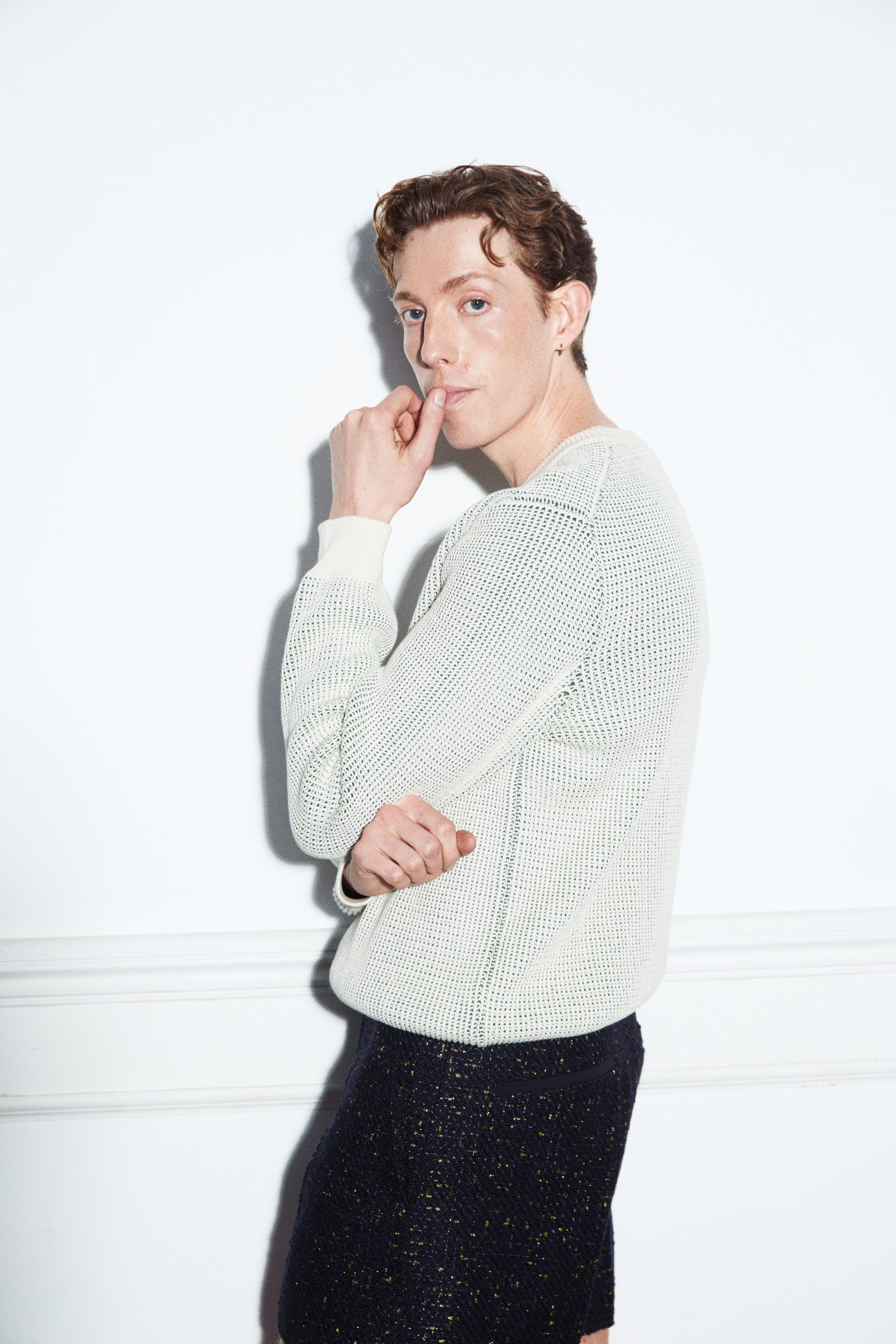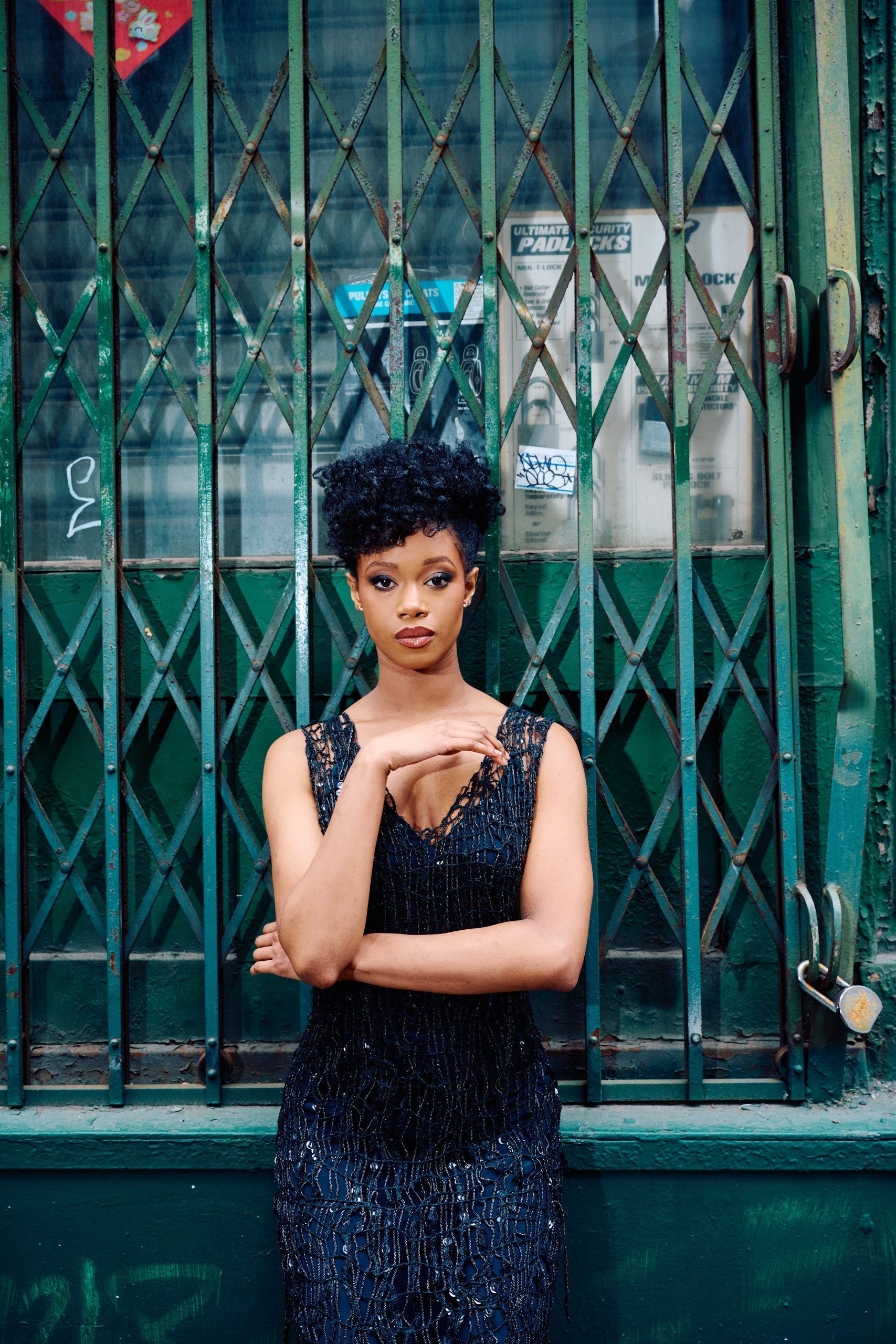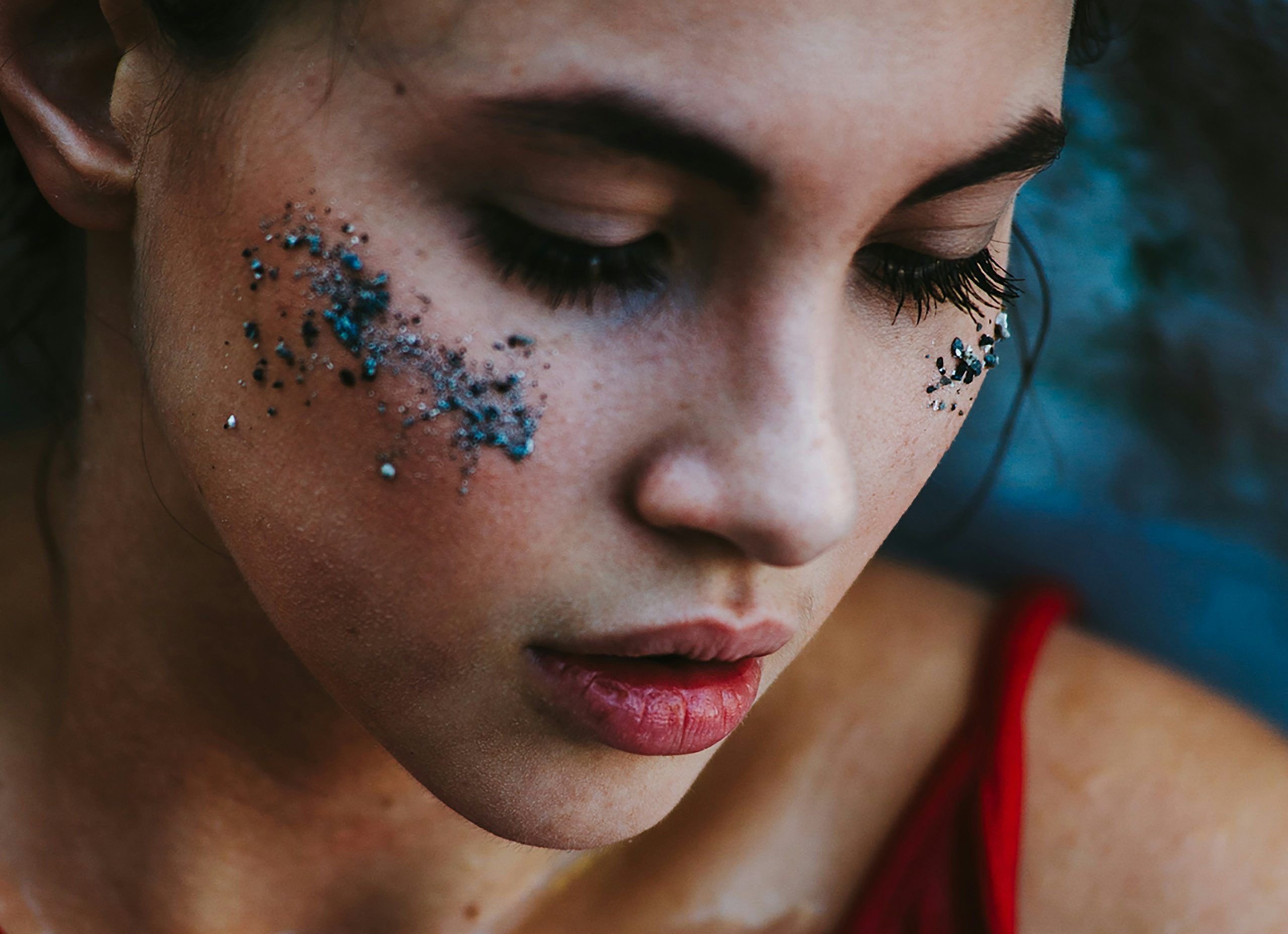Ryan Michelle Bathé deserves her flowers.
Since working on stage in theatre in Shakespeare’s As You Like It and Much To Do About Nothing at the Old Guthrie Theatre and Old Globe Theatre, on-screen movie and tv credits in Sylvie’s Love and BET+ First Wives Club, in addition to creating her own production company called Down On Maple Productions, Bathé is an actress with a passion for her craft that burns through any blockade that wrongly decides to stand in her way.
While she will tell you personally that she isn’t the most intimidating person in the world, in portraying FBI agent Val Turner on NBC’s Endgame, you would be thoroughly impressed at how easily she makes that hard to believe. Bathé’s ability to inject a particular ounce of humanity that only a good few can execute into every performance she gives and every project she touches is a rarity. It must be celebrated now instead of delaying the recognition later. As a Black woman in this industry, with her resume? I repeat: Ryan Michelle Bathé deserves her flowers.
Through a fantastic conversation with the actress who plays ½ of the lead as Val Turner on NBC’s Endgame, 1883 Magazine’s Marc Griffin was honoured to have sat down with the star and discuss all things Ryan. While this conversation is only a snippet of the interview, edited for clarity and brevity, Ryan Michelle Bathé’s brilliance is on full display.
What was it about the script and Val Turner’s character that sold you on the idea of joining the cast for NBC’s Endgame? What was the thought process behind that decision? Did you see yourself in Val?
Well, it was a good old-fashioned audition like everybody else. We weren’t walking into auditions due to the pandemic so it was done over zoom. But I did the audition and they said, “I pick you” so I was like, “I guess I pick y’all too!” [Both laugh] I didn’t see myself in Val that much, you should’ve heard the conversations—I was getting my clown on. I thought to myself before the audition “there is no way they’re going to hire me, what do I look like with a gun?”
My husband Sterling [K. Brown] loves to scare me and I jump out of my skin half the time. I shouldn’t tell you this story, but I’m going to. About five-seven months ago there was a really bad wind storm in LA and there was this umbrella outside of my child’s bedroom window, knocked over due to the storm. Now, the umbrella is never next to the window—it’s always somewhere else but the wind had blown the umbrella towards the window. So, while I was in my child’s room I saw the umbrella in the reflection of the window but then I also saw my head on top of the umbrella and I thought I was looking at an intruder in a hoodie. Why did I act like all of the fools? Boo-boo the fool, his cousins, his friends—I tripped over something trying to get out of the room, I scared my kids; it was a mess! And I didn’t even mean to do all of this!
My eldest son, who does not do well in situations like this, was in the bed saying “call the police, do you want us to die?” Once my adrenaline began to go down I began to realize that the “intruder” was an umbrella. So, then I call my husband I put him on speakerphone while I had to barricade me and my two children in their two rooms and had to talk with their father while they were on their way home; they were now convinced that we were going to die.This is the person they decided they would cast as an FBI Agent in Endgame! [Both Laugh] I’m nothing like Val Turner on that front.
That is hilarious! So, Endgame is led by two strong, fierce and confident women and the show does an amazing job at depicting the multi-layered elements of their characters. There are two quotes that I feel can be used to describe both Val and Elena depending on perspective. The first one is “You come near these kids, you die” said by Val in episode 1 and “men have always been the face of this dangerous business but the women were always the power” said by Elena in episode 2. In what ways do you think these quotes can be used to describe, your character, her intentions, and motivations within the world of Endgame?
That’s an incredibly great question and I can answer that without spoiling anything. The women in our show who is our FBI consultant, her name is Veronica Maxwell and she’s amazing, but when we talked before we started filming she told me that “the things that get us the most are the ones that involve children because you do it to protect the innocent and when we have cases that involve children all of us are hurt more but there is a special satisfaction when we save a child.” I never thought about it like that; people who get into the business of the FBI or police officers—for the most part, and I mean this in the best interpretation of those professions—because they want to help. For women, and not to gender it too much, but specifically on the universal concept of the feminine and what that means to protect life. What that means regarding protecting life, holding life as something sacred, and that you should protect those who can’t protect themselves, are reasons that people in real-life get involved and join the FBI.
I love the fact that we’re getting to see another perspective to protect and serve; up until now, it was just a bunch of people swaggering around with guns indiscriminately. People are just mad at everybody. But Val doesn’t say that or show that until you’re coming for people who can’t protect themselves. That’s when she’s like “Nah, not today.”
I’m caught up with the show and episode 4 provides deeper context into the why behind Elena’s motives while also offering an interesting turn of events as Val begins to come to terms with the fact that this criminal label placed on Elena is most definitely not the whole story. As the show pushes forward what can we expect from Val and Elena as they evolve from sworn enemies to forbidden frenemies?
This is something that I was interested in bringing to light for Val when talking to our FBI consultant: the idea that people are complicated. Humans beings are very complex in that they have complicated motives and reasons for doing the things they do. In the show, Val was raised by a police officer and we find out that her mother was taken as a result of her father’s police involvement. But in the same token we learn that Elena was raised by this criminal underworld and I think from Val’s point of view, as much as she is principled and very by the book, I think she can embrace the ambiguity of human nature. I think you have to be a good public servant which is very much what Val is. You have to understand anybody who was raised a certain way and why they become what they become. The way that Val begins to have a begrudging respect for Elena is by knowing that she didn’t have much of a choice in how she turned out. Elena is the best version of that person and I think that’s where she begins to respect her like “I mean, I guess you could’ve been worse.” But as a result, Elena became the best version of herself that she could be.
Just like you assume. You have a storied career, what events shifted in your life that led you towards the decision that you wanted to be a master of the arts as an actress? How did acting become your dream?
I’ve always wanted to do it. My mother was an actress so I grew up in theatre—literally in theatre. I can remember my mother did the Lena Horne show, The Lady and her Music when Lena Horne was on Broadway. My mother was in the cast and I can remember the smell of backstage, the sounds of walking up the steps and the most beautiful thing in the world to me was when the orchestra began to warm up, till this day it gives me chills. So I think I always knew this was a world that spoke to me and this was something that I wanted to do. As I got older and went to high school and dabbled in theatre—we didn’t have the best theatre program at my school—but at the same time, I also became interested in my studies, books, and learning.
I got a lot of positive reinforcement by being the smart girl and I had a wonderful public school system in Stanford, Connecticut in the 80s and 90s. I had wonderful teachers and that pulled me into another side of myself. With all of that being said, acting was a choice because it’s not like I was acting as a kid and there were no other options, I knew there were other options for me and I could’ve become an academic or something like that but I never felt as at home as I did when I was acting. But then I learned that there was so much education and intelligence behind the best actors; discovering there was an acting school and that you could dedicate yourself to the craft. It’s ironic actually because I have become such a fan of school and academia and then to learn that there was a world where you could blend all of that in a career that I would love. It was a wrap for me at that point (they laugh) acting is what I wanted to do. My mother didn’t want me to go to grad school at all—
Interesting, how come?
My mother was an actor during a time when people didn’t go to grad school; there were one or two people who came out of this weird place called Yale but my mother came from that era where you had to get up and get it. She would say that I would need to “get up, shake that wig out, and understand that the best university of New York is here on the streets.” [Both laugh] It’s no surprise that my mother is best friends with Jennifer Lewis.
Seriously, though, she did come from that world of if you want it you have to go and get it; my mother was from a time when graduate school was looked at as something that was so removed from what it was to be an actor. Back then there was a different approach to education and the arts—especially in the Black community. You could learn how to dance, perform, and really hone in on your craft through the public school and now all of those things are privatized. And my mother also had a child so there is something to be said about being 25 with a child living at home with your mother in St. Louis while you’re out in New York City getting to your dream. But the difference was that she faced the decision of “my baby ain’t eating if I don’t learn this time-step” so she had to learn that time-step. And I think that was the added element of what my mother was saying to me—and was also different from someone who didn’t go through the same experience.
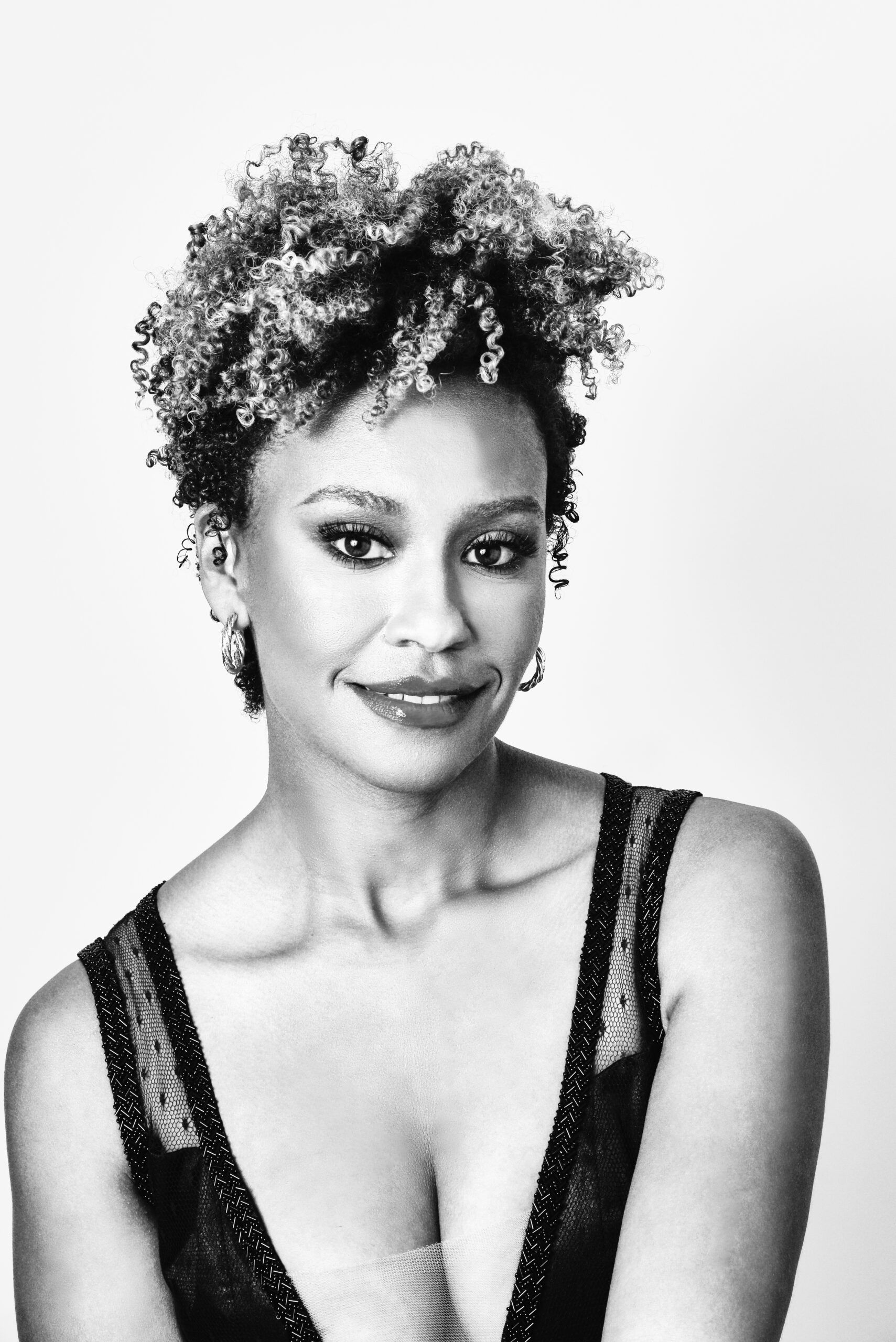
With all of the projects you’ve been attached to throughout your career—and there are so many unique and diverse sets that you have been a part of—it truly seems like you’ve done it all. But you also have a production company! Could you talk to me a little bit about that and what you hope to accomplish in this industry with your production company, Down On Maple Productions?
It came about unplanned. In a very roundabout way, I had done a one-woman show with two friends of mine coming to see it. One of the friends was married to a man in development and production and a couple of years after that he was in a position to offer me a production deal through a company that he was working with at the time at CBS/Viacom. He called out of the blue and it was very—I know we’re not supposed to look for outside validation—but it was nice to hear someone say “I saw your work, and I think you have a wonderful voice and vision.” And he is lovely, his name is Justin. I was able to sit down and think about what voices I wanted to hear and what kind of people I wanted to nurture with this. I see my production company as an incubator for voices and talents that may or may not get a traditional first look.
I’ll never forget I wrote a pilot many years ago and my manager at the time read it and she said something very interesting. She said “you shouldn’t have people who love you read this, you have other people read this so they can tell you the truth.“ I thought to myself at the time that she’s right. Then I thought as I went on that that was the worst advice anybody could give anybody, and what I mean by that is you should, especially when something is young and tender in regards to your work, only let people who love you read it because they’re not going to trample on the buds of something that could be beautiful.
They’re going to pull something out at its roots before it even has the chance to bloom and blossom. If you stomp it out before seeing what it becomes then you already lost. From then on I made it a point to only allow people I love into my inner circle. I mean how do you think a lot of white people have been doing it for years. They’re not killing the game with their first drafts every time, there were white people around them that loved them that gave them nurture and said “why don’t you develop it this way” or “why don’t you try doing this?” Why is it that Black women have to hit out of the park the first time and don’t show it to people who love them? So, the bar for me as a Black woman is that I have to show my work only to people who hate my guts and you still have to love my work? Not only do you have to hate me but then I also have to convince you of my brilliance on the first outing every time? I’ve been doing that my whole life, how about we stop. When it comes to the production company I want it to be the opposite of that. I want my company to nurture ideas and use love to do that. I think that moment that I went through and I want to prevent that; I want Down On Maple Productions to allow people the chance to grow without pulling up their ideas from the roots.
I wanted to take this time to celebrate you and all of the lives you’ve impacted on and off the screen. While you may be a legend in the Black community and the acting community at large with appearances in culture-defining shows like Girlfriends, Half & Half, and Black Lady Sketch Show, you’ve made your mark on theatre by appearing in plays like Much Ado About Nothing and you’re also a member of Alliance of Moms, a membership-based program that supports pregnant and parenting teens in foster care in the Los Angeles county. Being such an ambitious and compassionate woman, there had to be a woman or multiple women in your life that inspired you to lead a positive life. Could you talk to me a bit about the strong women who have helped to inspire you throughout your journey?
You’re going to make me cry, thank you for those beautiful words. The women in my life are my backbone. I’m also a member of Delta Sigma Theta Sorority, Inc and the women of my chapter, my line sisters, are the strongest women I know and not one of them is an actress. There are two surgeons, two incredible stay-at-home moms, a lawyer, one is a super giver for Stamford alumni, I’m just surrounded by incredible black women. The women in my life, my mother, her sisters—one has now passed—but I had three incredible aunts who were amazing. My godmother who has also recently passed was amazing. My grandmother. I have just been blessed with beautifully strong Black women across all ages and all generations. I think that’s the secret in my sauce—the essence and strength of Black women who came before me and after me.
I love that. Where can we expect to see you and your work in the next year?
I’ve got some wonderful things in production at Down On Maple Productions in the Sci-Fi/Historical Fiction space—that’s my jam! Any Young Adult apocalyptic types of landscape, be sure to look for that from us. Everything we do will center on emerging voices, and find a way to have a different take to be black or woman in this world or any world that we create. And as far as me and what you’ll see, I have been working so hard on NBC’s Endgame but stay tuned for what’s next. In the meantime I need to get home so that I can get these kids off of the iPad—that’s honestly where I have placed my focus next!
Endgame is airing now on NBC. Follow Ryan Michelle Bathé for more updates on her production company, Down On Maple Productions.
Interview by Marc Griffin
Photography by Irvin Rivera

